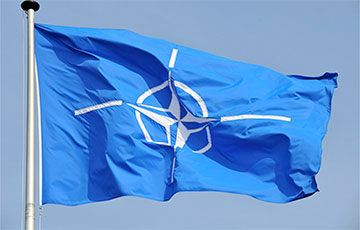NATO To Expand Air Defense In Europe Fivefold
3- 3.06.2025, 18:56
- 2,492

Because of the Russian threat.
NATO has called on the alliance's European members to increase ground-based air defense (air defense) forces fivefold because of the threat of Russian aggression, knowledgeable sources tell Bloomberg. This is a collective figure; individual contributions will vary depending on each country's capabilities. It is not specified how long the air defense forces will be built up. The bloc's defense ministers will discuss the issue at a meeting in Brussels chaired by NATO Secretary General Mark Rutte on June 5.
"We are not at war, but there is no peace either. We need to continue to strengthen our deterrence and defense, and that means moving to full combat readiness," he said at a meeting in Vilnius on Monday. Air defense is NATO's vulnerability. The alliance has reduced the number of such systems over the past 30 years as its focus has shifted from the Cold War to threats in North Africa and the Middle East, a senior European military official acknowledged. He said the bloc's members are in dire need of a build-up of ground-based air defense systems that will protect them from threats such as drones, missiles and fighter jets. This is seen as a necessity amid the ongoing war in Ukraine and the risks of an armed Russian attack on NATO's eastern flank.
Air defense systems are among the most expensive weapons the alliance intends to buy. Germany has offered to lead the EU's air defense projects as Brussels urged the bloc's members to jointly invest in areas of common interest. According to a source familiar with the discussions in Berlin, Chancellor Friedrich Merz intends to "invest billions of euros" in additional air defense systems. This includes an expansion of the European Sky Shield initiative launched by Merz's predecessor, Olaf Scholz. The NATO-backed project aims to create a ground-based European air defense system designed to intercept ballistic missiles. Asked for comment, a NATO spokesman said air and missile defense, long-range weapons, logistics and ground forces are "among the top priorities" of the alliance.
By the June 24-26 NATO summit in The Hague, the allies are also set to agree on the largest increase in defense spending since the Cold War. Right now, the recommended spending threshold is 2 percent of GDP. NATO members plan to increase it to 5% of GDP, of which 3.5% will be spent on military needs and another 1.5% on other security-related measures, including strengthening borders and combating cyber threats.











